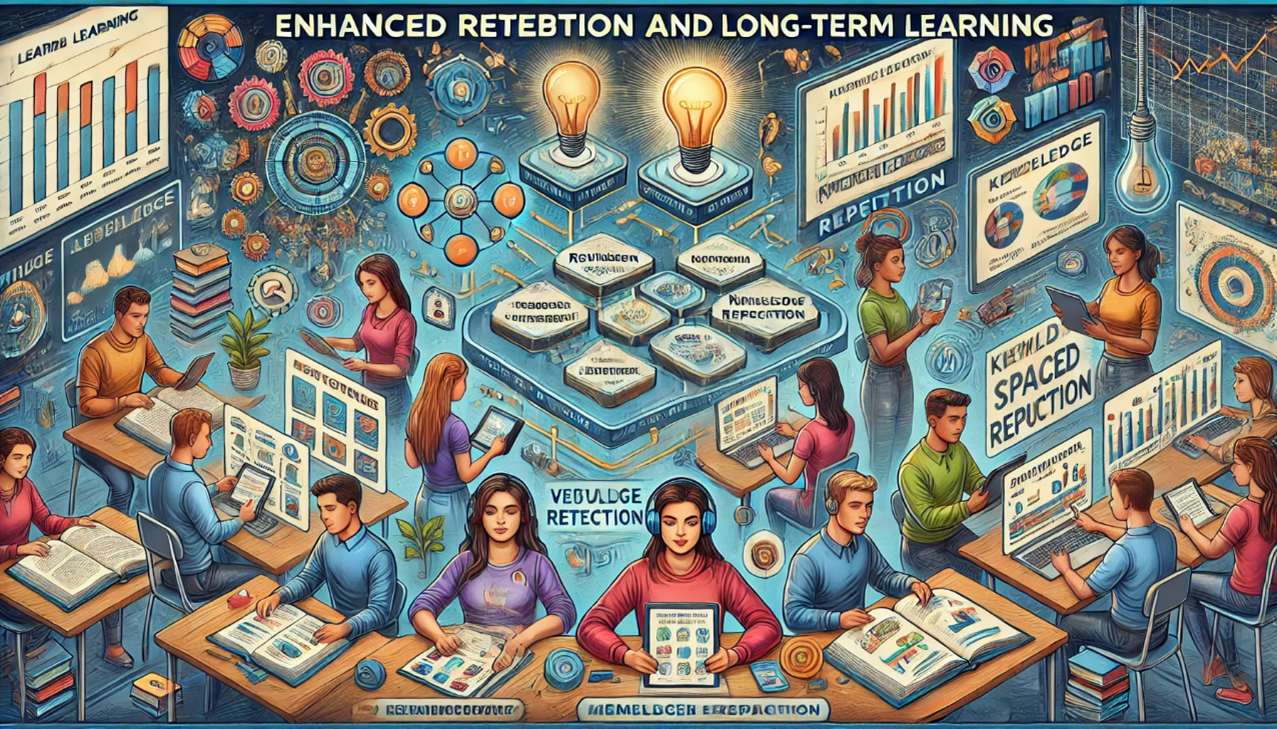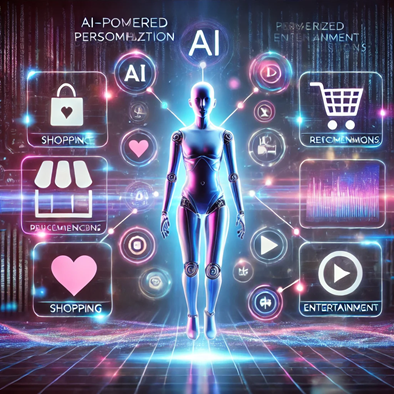Why is explainability critical for sectors like healthcare, finance, and justice?

Why is explainability critical for sectors like healthcare, finance, and justice?
by Nathaniel 10:11am Feb 01, 2025

Why is explainability critical for sectors like healthcare, finance, and justice?
Explainability is critical in sectors like healthcare, finance, and justice because these fields directly impact individuals' lives, rights, and well-being. The use of artificial intelligence (AI) and machine learning (ML) in these sectors often involves complex algorithms that make decisions with significant consequences. Without a clear understanding of how these systems arrive at their conclusions, there are risks of bias, errors, discrimination, and loss of trust. Below, we explore why explainability is crucial in these domains.
1. Healthcare
In healthcare, AI systems are increasingly used for tasks such as diagnosing diseases, recommending treatments, predicting patient outcomes, and managing healthcare resources. The stakes in healthcare are incredibly high, and any mistakes or lack of clarity in AI decision-making could have severe consequences.
Why Explainability Matters in Healthcare:
Trust and Adoption:Healthcare professionals, patients, and their families need to trust AI systems before they can be adopted into clinical workflows. If doctors cannot understand why an AI system makes a particular recommendation, they may be hesitant to rely on it, particularly when making critical medical decisions.
Accountability and Liability: If an AI system makes an incorrect diagnosis or recommends a harmful treatment, explainability is essential to understand where the decision-making process went wrong. Without explainability, assigning responsibility for mistakes or understanding the root cause of errors becomes difficult, raising legal and ethical concerns.
Personalized Care:Healthcare often requires personalized treatment plans that consider the nuances of an individual's medical history, genetics, and preferences. AI models need to explain how they weigh these different factors to ensure that decisions are tailored and not generic.
Patient Consent and Understanding: AI systems that affect patient care must be transparent, so that patients can understand how their medical information is being used and why certain decisions are made. This is critical for informed consent, especially when patients are being asked to participate in AI-driven treatments or trials.
2. Finance
AI and machine learning are heavily utilized in the financial sector for tasks such as credit scoring, fraud detection, algorithmic trading, and risk management. These systems can impact people's access to credit, investment decisions, and even financial security. Therefore, explainability is vital to ensure fairness and accountability.
Why Explainability Matters in Finance:
Fairness and Non-Discrimination: Financial decisions such as loan approvals or credit scoring can have significant consequences on an individual's financial future. AI systems used for these purposes must be explainable to ensure that they do not unfairly discriminate against individuals based on biased data. For instance, if an applicant is denied a loan, they should be able to understand which factors contributed to the decision.
Regulatory Compliance:Financial institutions are often subject to strict regulations (e.g., Fair Lending Act, GDPR) that require transparency and fairness in decision-making processes. AI models that are not explainable may be in violation of these regulations, leading to legal risks and potential penalties.
Risk Management and Accountability: Financial decisions particularly those in areas like algorithmic trading and risk assessment can carry significant financial risks. If an AI system makes an error that results in financial loss, the decision-making process must be explainable to identify how the system reached its conclusion, ensuring accountability and preventing similar future errors.
Customer Trust and Engagement: When people are making financial decisions, they expect clarity and transparency. If AI systems used by banks or insurers are opaque, customers may not trust them. Providing clear explanations of how decisions are made (e.g., why a person is or isn’t eligible for a loan) can help maintain trust in the financial institution and improve customer relationships.
3. Justice
In the justice system, AI tools are increasingly being used in areas like predictive policing, sentencing recommendations, parole decisions, and risk assessments. These systems have the potential to greatly influence individuals' freedom, safety, and future prospects. Given the weight of these consequences, explainability in AI systems used in the justice sector is essential for fairness, accountability, and public trust.
Why Explainability Matters in Justice:
Fairness and Avoiding Bias: One of the major concerns in the justice system is the potential for AI systems to perpetuate or even exacerbate biases in decision-making, such as racial, gender, or socioeconomic bias. An AI system used for sentencing or parole decisions must be explainable to ensure that it does not unfairly disadvantage specific groups. For example, if an AI system predicts the likelihood of reoffending, it should be possible to understand how the decision was made to ensure that irrelevant or biased factors (such as race or socioeconomic background)were not considered.
Legal Rights and Transparency: AI systems in justice have a direct impact on individuals' legal rights, including their freedom. People have the right to understand why certain decisions are made about them, such as why they are being detained or denied parole. If an AI system is involved in these decisions, it is essential that it is explainable to protect individuals' rights to due process and to ensure that they can challenge unjust decisions.
Public Trust in the Legal System: The use of AI in justice raises concerns about transparency and the potential for "black-box" decision-making,where people cannot understand how decisions are being made. If people do not trust that AI systems are making fair and just decisions, it could erode public confidence in the legal system and its fairness.
Accountability:If AI systems make errors in legal decision-making such as in sentencing or risk assessments it is essential to be able to trace how and why those decisions were made. Explainability ensures that the system is accountable for its actions and provides a basis for legal challenges or appeals.
4. General Importance Across Sectors
Across healthcare, finance, and justice, explainability is important for a variety of broader reasons:
Trust and Adoption:If AI systems are opaque and their decision-making processes are not understood, stakeholders whether patients, consumers, or individuals involved in the justice system are unlikely to trust them. Trust is critical for the widespread adoption and acceptance of AI technology in these sensitive sectors.
Safety and Risk Mitigation: In fields with high stakes like healthcare and finance, mistakes can have severe consequences. Explainable AI allows for better monitoring, risk assessment, and error correction, which helps prevent mistakes and improve safety.
Regulatory Oversight:Governments and regulatory bodies increasingly require organizations to ensure that AI-driven decisions are fair, transparent, and accountable. AI explainability facilitates regulatory compliance by enabling external scrutiny and providing a basis for audits.
Informed Decision-Making: Whether it is a doctor making a diagnosis, a financial institution deciding on a loan, or a judge issuing a ruling,explainability allows decision-makers to make informed, reasoned choices.When these decisions are based on explainable AI, it enhances their ability to make well-informed and just decisions.
Conclusion
In sectors like healthcare, finance, and justice, explainability is not just a technical necessity; it is a moral and legal imperative. These sectors deal with decisions that significantly affect people's lives, rights, and well-being. AI systems that lack transparency and are difficult to understand can lead to biases, errors, and injustices, which can undermine public trust and erode the ethical foundations of these sectors. Explainability ensures fairness, accountability, safety, and trust, making it essential for the responsible and effective use of AI in these high-stakes fields.






